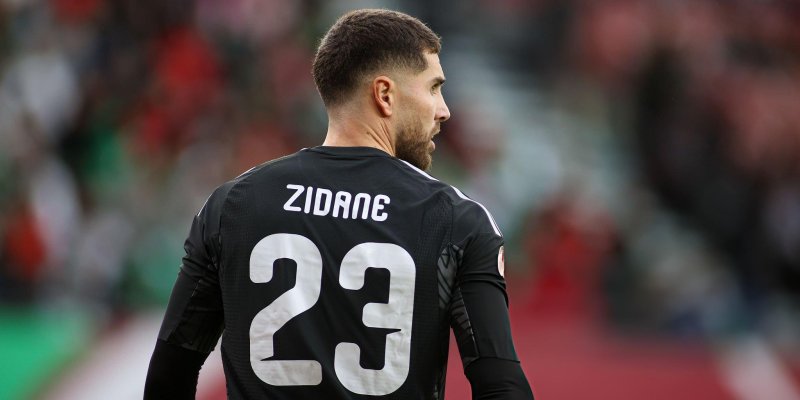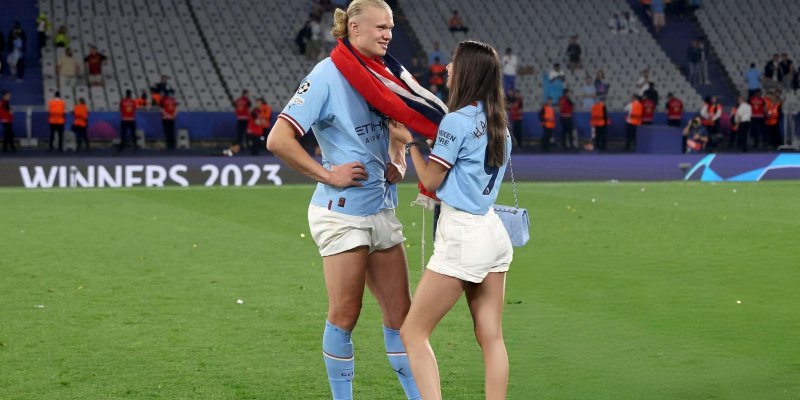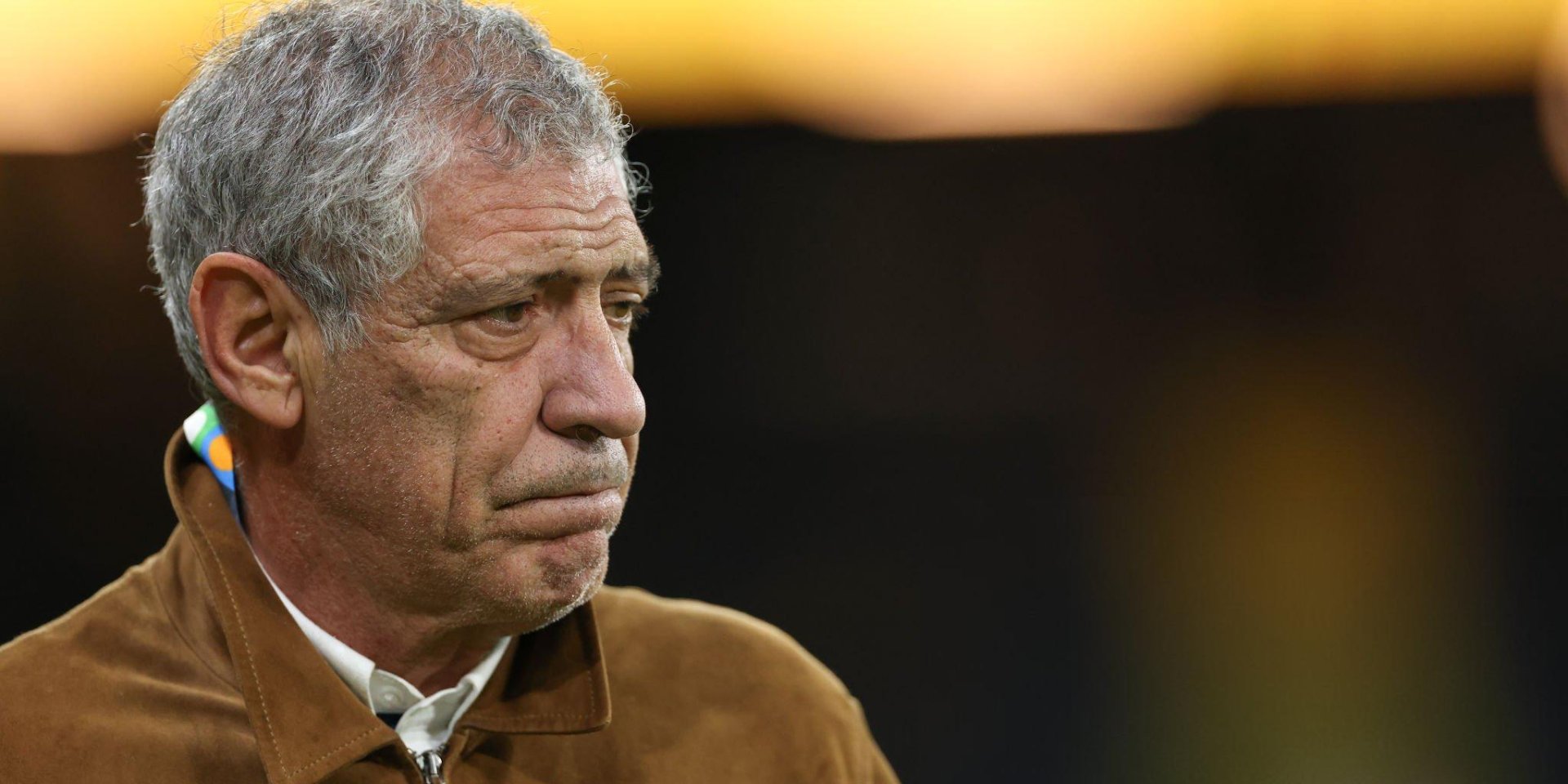
The fuse has blown in Azerbaijani football. On the eve of a home 2026 World Cup qualifier against Ukraine, the federation announced it was ending cooperation with Fernando Santos. Instead of the usual pre-match press conference with the Portuguese coach, AFFA Secretary General Jahangir Farajullayev appeared before journalists — and put a full stop to the short but turbulent tenure of the renowned manager.
The Press Room Wasn't Enough: The Decision Was Announced Not by the Coach, but by the Federation
Santos was supposed to answer questions about tactics and the lineup, but the federation official took the floor: the contract with the 70-year-old specialist was terminated. The wording — "by mutual consent" — though the backstory clearly resembled a forced split: after the 0:5 thrashing by Iceland, public patience ran out, and judging by his reaction, the coach was not ready to leave without financial guarantees.
From Triumph With Portugal to a Tailspin in Baku
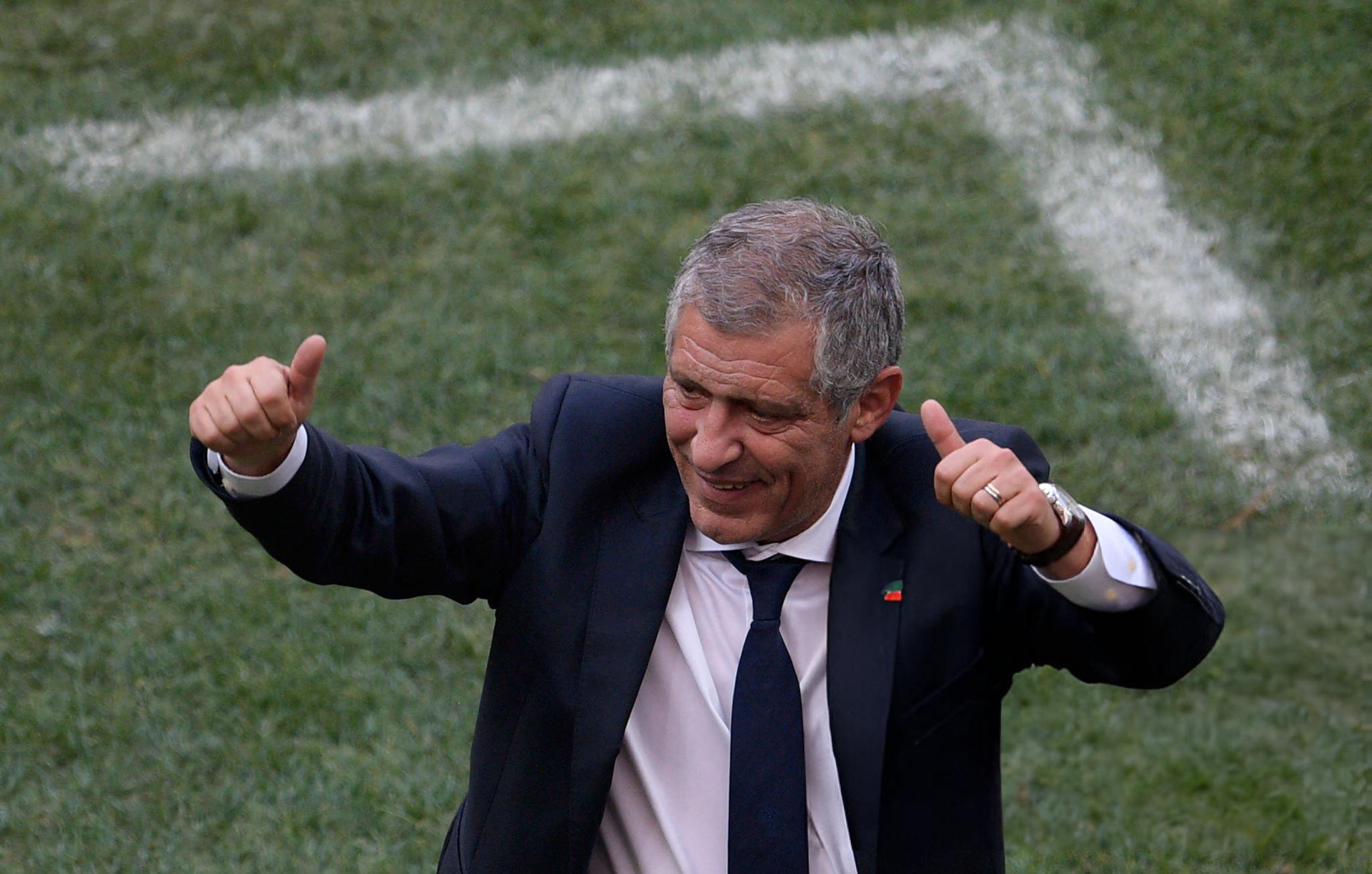
Santos's résumé is glittering: Euro 2016 and the 2018/19 UEFA Nations League with Portugal. But his most recent projects ended swiftly. Poland — nine months and a dismissal after failures in Euro qualifying. Beşiktaş — three months between January and spring 2024; he took the team 18 points behind the leaders and handed it back 36 points adrift. In the summer he took over the Azerbaijan national team — the choice was between him and Stanislav Cherchesov, who ultimately chose Kazakhstan. The new chapter promised a "long process" and "building a competitive team," yet the story unfolded in reverse.
Numbers That Leave No Room for Excuses
Santos's record with the national team was brutal: 11 matches, 9 defeats, only two goalless draws (against Estonia and Latvia). Goal difference — 4:29. That ledger includes a 0:6 to Sweden (against the backdrop that in 2023 Azerbaijan beat the Scandinavians 3:0 while playing with ten men), a home 0:3 to Haiti, and an opening hammering in 2026 World Cup qualifying by Iceland — 0:5. In that last match the opponent attempted 15 shots, and the hosts failed to hit the target even once — a damning diagnosis of the team's organization.
"Caution Isn't a Strategy": AFFA's Hardline Response
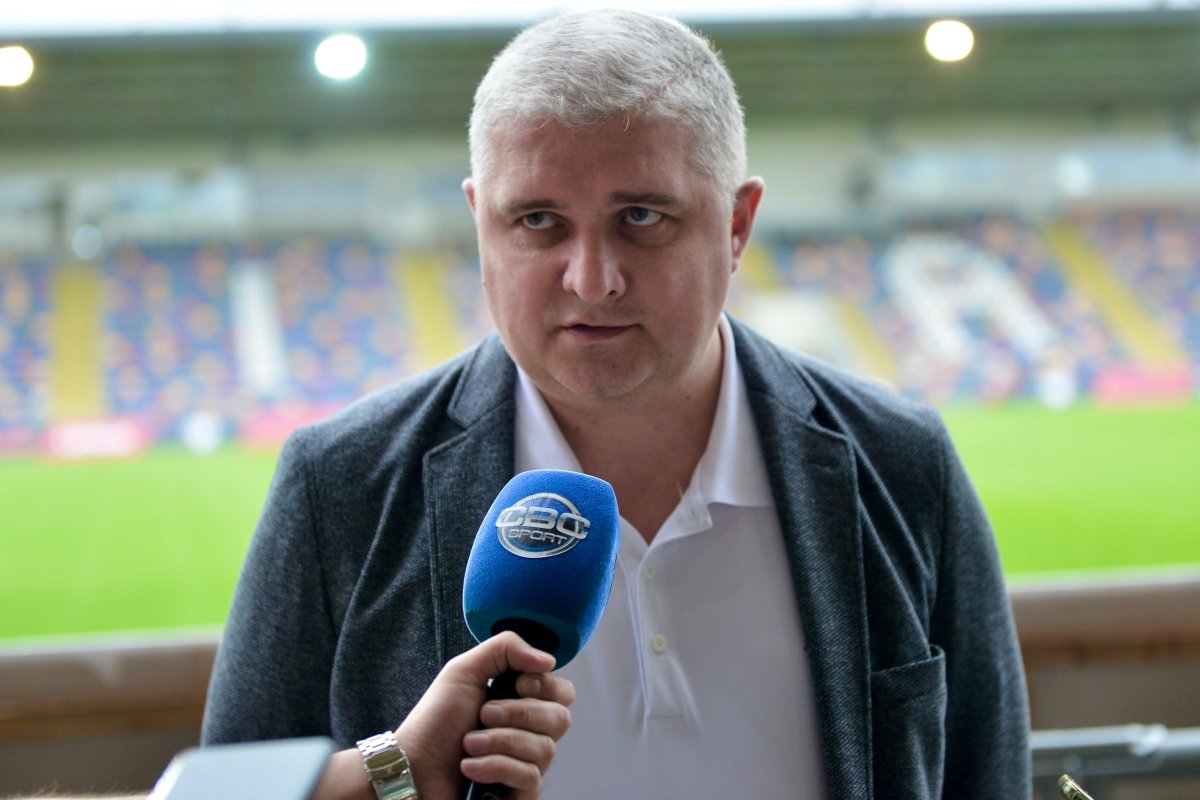
Immediately after the final whistle, Farajullayev dissected the collapse without euphemisms: the chosen plan — a passive approach with a deep block from the opening minutes — only magnified the opponent's advantage. The federation labeled it cowardly football and raised the question of the coaching staff's accountability. Santos did not accept a resignation publicly: if management believes he is doing something wrong, let them make the decision formally. A few days later they did — accompanied by the "mutual consent" tag.
Money Talks Too: What the Split Costs
A separate storyline was the payout. Local media discussed the size of the compensation — figures around €4.5 million were cited. By contrast, the sums mentioned around Cherchesov's exit from Kazakhstan were far more modest — from €500,000 to €1 million. Against that backdrop, the Portuguese coach's reluctance to leave "English-style" was predictable: the elite managers' market has rules of its own.
"Storybook" and "Niva vs. Formula 1": What the Veterans Say
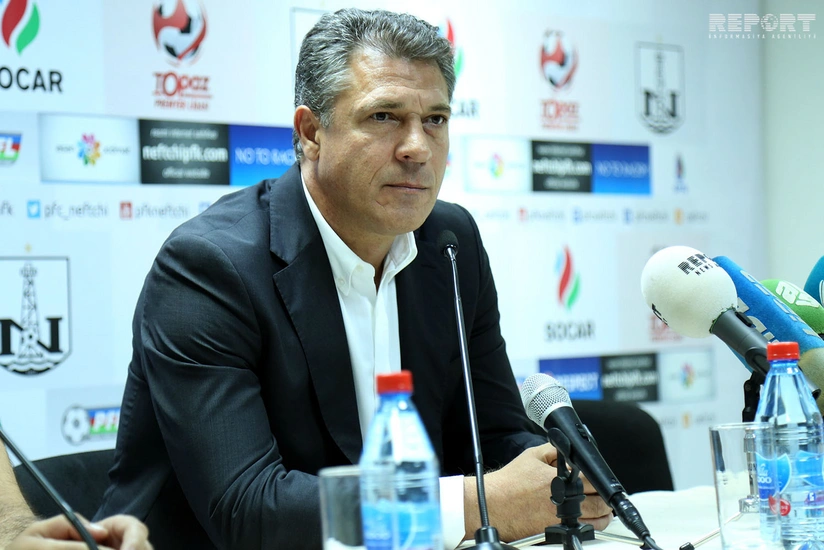
Azerisport spoke with former national-team players — and the tone was merciless. Former striker Veli Gasimov noted the absence of a game pattern and connectivity between the lines: the team ceded initiative, couldn't execute transitions from defense to attack, and gave the opponent far too much freedom. Former center-back Sasha Yunisoglu was even harsher: in his view, Santos arrived not with a clear strategy but with pretty promises, and the country fell for the name and wasted time and money. The core idea of the criticism is the same: the problem lies deeper than the head coach. Without a player-development foundation and solid infrastructure, no big-name staff will work miracles; even if you put Michael Schumacher or Lewis Hamilton behind the wheel of a Niva, it will never drive like a Formula 1 car.
Ahead — Without the Safety Net of a Big Name: A Tough Group and New Benchmarks
The schedule offers no breather for soul-searching: up next are Ukraine, France, and Iceland again — a quartet without comfortable opponents or minnows. In such a group there is no room for tactical timidity, gaps between the lines, or lapses at set pieces. Whoever takes charge next, AFFA has already set the bare minimum: abandon passivity, restore discipline, and rebuild the mechanisms of transitions and pressing.
The Conclusion Is Clear: It's Not Only the Coach That Must Change
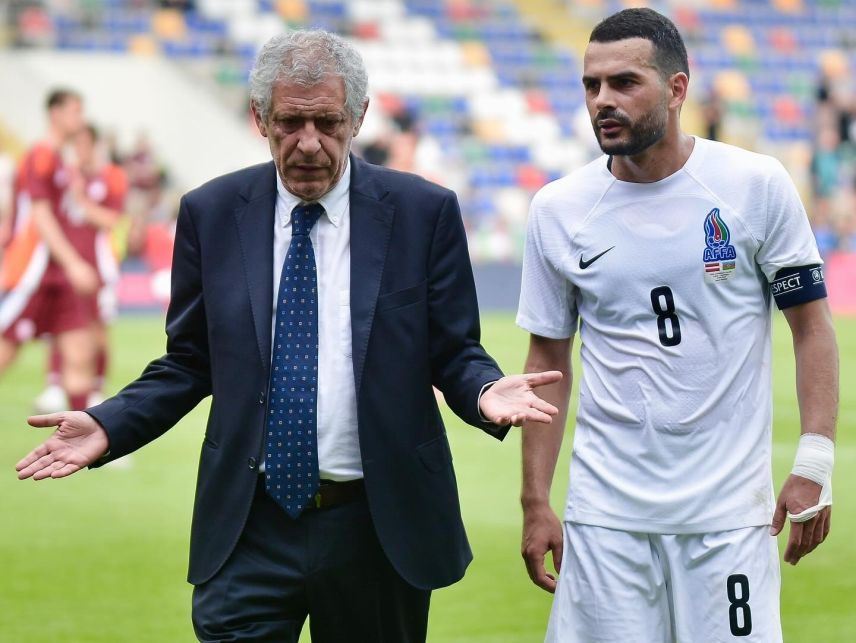
The Santos episode in Azerbaijan is less about a star coach's fall than a lesson for the system. A loud appointment, without a clear base and a coherent development pipeline, rarely produces sustainable results. To break the loop of "collapse — dismissal — a fresh advance of hope," the national team needs a foundation: progress in youth development, a unified methodology, smart scouting, and playing principles matched to the available player pool. Only on top of those pillars — entrusting a head coach not just with a name but with time — will the multi-storey building stop collapsing at the first storm.

